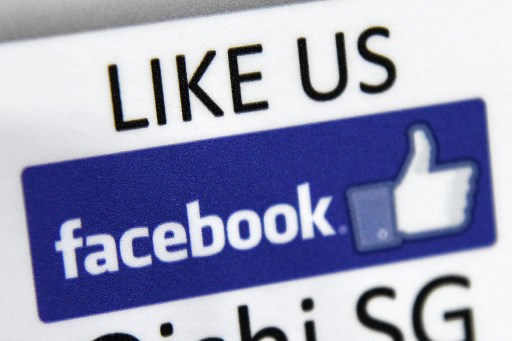
SINGAPORE, Singapore (AFP) — Internet giants Facebook and Google on Thursday warned Singapore against introducing new laws to combat “fake news,” saying that existing legislation is adequate to address the problem.
Their warnings were made to a parliamentary committee which is examining possible measures, including legislation, to tackle false online information which the government says could threaten national security.
Executives from Facebook, Google and Twitter appeared before the committee Thursday, and are among scores of experts, academics and activists called to testify over eight days.
The financial hub is among several countries looking at legislation to rein in fake news but critics have cautioned this could be used to curb free speech. The Singapore government has denied it is trying to restrict free speech.
In a submission given to the committee before testifying, Alvin Tan, Facebook’s head of public policy in Southeast Asia, said: “We do not believe that legislation is the best approach to addressing the issue.
“Singapore already has a variety of existing laws and regulations which address hate speech, defamation and the spreading of false news.”
His comments came as Facebook is embroiled in a privacy scandal following revelations that British data analysis firm Cambridge Analytica exploited the personal data of millions of users of the social network.
Google also raised concerns about a fake news law, saying in a written submission that “an effective way of combating misinformation is through educating citizens on how to distinguish reliable from unreliable information.”
Instead of legislation, it called for “promoting quality journalism to ensure that there is a robust network of fact-checking organisations providing reliable information and debunking falsehoods.”
About 164 people have written to the committee to give their views on combating fake news. After the hearings, which are scheduled to end next week, the committee will make recommendations to MPs within months.
Legislation is among the options under examination by the committee, and no details about any possible law have been made public.
Domestic media is tightly controlled in Singapore, and the country is ranked 151 out of 180 in the World Press Freedom Index by Reporters Without Borders. A number one ranking is the best.
© Agence France-Presse







